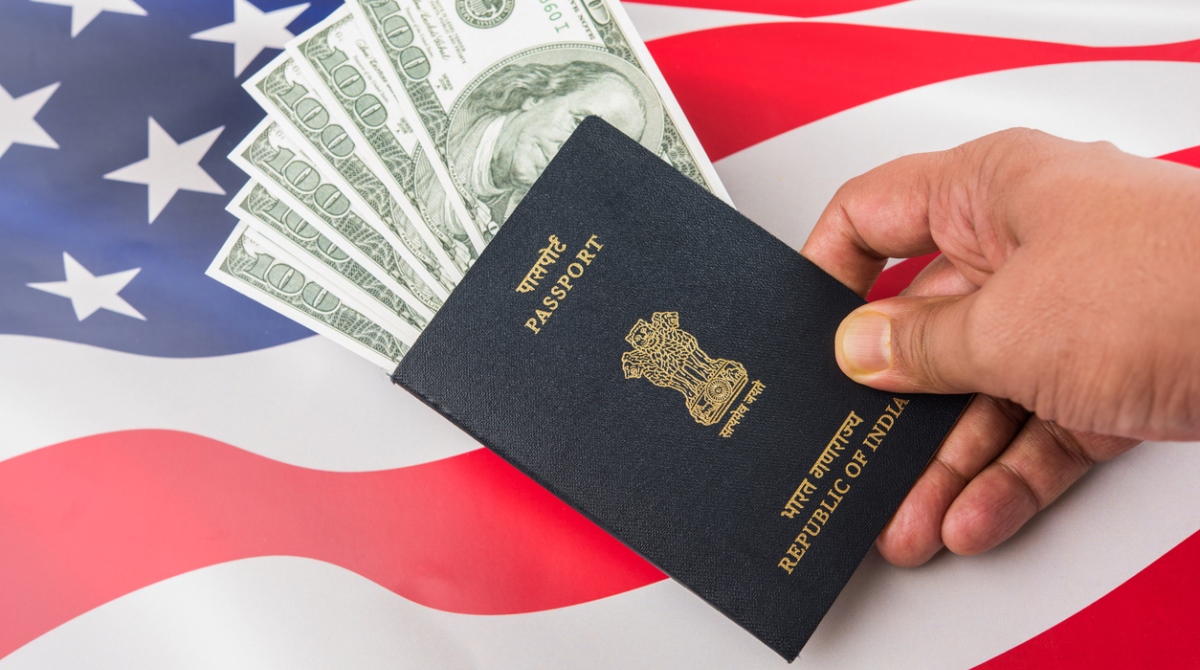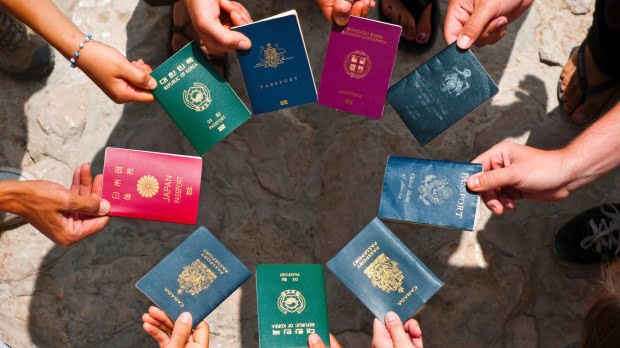Washington, USA – Acting Homeland Secretary Kevin Mc Aleenan revealed that over 42,000 Caribbean nationals from across the vicinity overstayed their non-immigrant visas and stayed in the US between October 2017 and September 2018. This parent is in the US Department of Homeland Security’s (DSH) fiscal 12-month 2018 entry/go-out overstay report.
The US authorities have furnished figures to show that in the wider Caribbean Community (CARICOM countries), Trinidad and Tobago has the lowest over-stay rate with the US at zero. Forty percent were observed through The Bahamas (zero.475), Barbados (1.11 percent), St Kitts and Nevis (1.73 percent), Saint Lucia (1.86 percent), and Belize (1.93 percent).
 Haiti, Guyana, and Jamaica were the nations in CARICOM with the best overstay prices inside the United States. U. S. A., The best rate inside the Caribbean, changed into Venezuela, with 7.31 percent of its residents overstaying their time within the United States. In comparison, the handiest communist nation within the Caribbean has a very small parent of 2.29 percent.
Haiti, Guyana, and Jamaica were the nations in CARICOM with the best overstay prices inside the United States. U. S. A., The best rate inside the Caribbean, changed into Venezuela, with 7.31 percent of its residents overstaying their time within the United States. In comparison, the handiest communist nation within the Caribbean has a very small parent of 2.29 percent.
According to the report, 239 Grenadians overstayed their non-immigrant tourism/commercial enterprise B1/B2 visas granted to enter the country between October 1, 2017, and September 30, 2018. Thus, eleven 032 Grenadians were given access to America during the review below, and it was predicted that they would leave after the time given to them to stay in the United States of America. The record also indicated no departure information for 219 Grenadians, now categorized as suspected in-u. S. Overstays.
A general of 20 Grenadians had been recorded as leaving the USA after their approved duration of admission expired. This is classified as out-of-country overstays, which is consistent with the file. Accordingly, US Homeland Security has given Grenada a suspected 2.17 percent overstay price and a suspected in-U.S. overstay price of 1.99 percent.
The Spice Isle’s over-live figure is the second highest inside the sub-local Organisation of Eastern Caribbean States (OECS), just below that of St Vincent and the Grenadines, at 2.79 percent. The lowest is Antigua and Barbuda, at 1.39 percent.
The top ten countries in the location with the most US visa over-remains for the final economic 12 months are:
1.) Dominican Republic – 14,641
2.) Jamaica – 10,626
3.) Haiti – 6,917
4.) Guyana – 3,220
five.) Cuba – 1,868
6.) The Bahamas – 1,545
7.) Trinidad and Tobago – 811
eight.) Barbados – 757
nine.) Belize – 603
10.) Saint Lucia – 318
Overall, the DHS said that there had been 666,582 overstays from around the world. The record also outlines that DHS and Customs and Border Protection (CBP) are working closer to biometric exit technology to cover more than 97 percent of departing commercial air travelers in the subsequent four years.
As of September 2018, 15 US airports have been using facial-reputation technology to affirm site visitors as they exit us. In addition, the pix are matched to current pictures from passport programs, visa programs, or interactions with dealers at earlier border locations to identify the traveler and permit CBP to determine whether the traveler has complied with terms of admission or has overstayed.
Currently, CBP has utilized facial popularity on more than two million passengers on over 15,000 flights and has tested 7,000 site visitors who’ve overstayed their visas. Without the facial-recognition gadget, this check is carried out with a wide variety of biographic take-place statistics, consisting of call and passport.
According to DHS, the biometric device has a matching charge of 98 percent. Due to this fulfillment, CBP has received “Many commitment letters from airport authorities and commercial airlines assisting biometric go-out operations.” CBP is likewise trying to become aware of passengers crossing borders in cars using facial-reputation technology.”
In related news, Representative Eliot Engel, chairman of the House Committee on Foreign Affairs, announced reports that the Department of State is denying American citizenship to certain youngsters of American residents overseas:
“I’m outraged by the State Department’s denial of US citizenship to a few youngsters of American residents born overseas, commonly the ones of equal-sex couples and those who have sought medical assistance to conceive children. This is unconscionable. It may also be illegal. A federal judge later ruled that the State Department’s imposition of a biological requirement is a ‘strained interpretation’ of current law. I name on the State Department to straightaway quit this shameful discrimination and treat all households with dignity and equality.”












